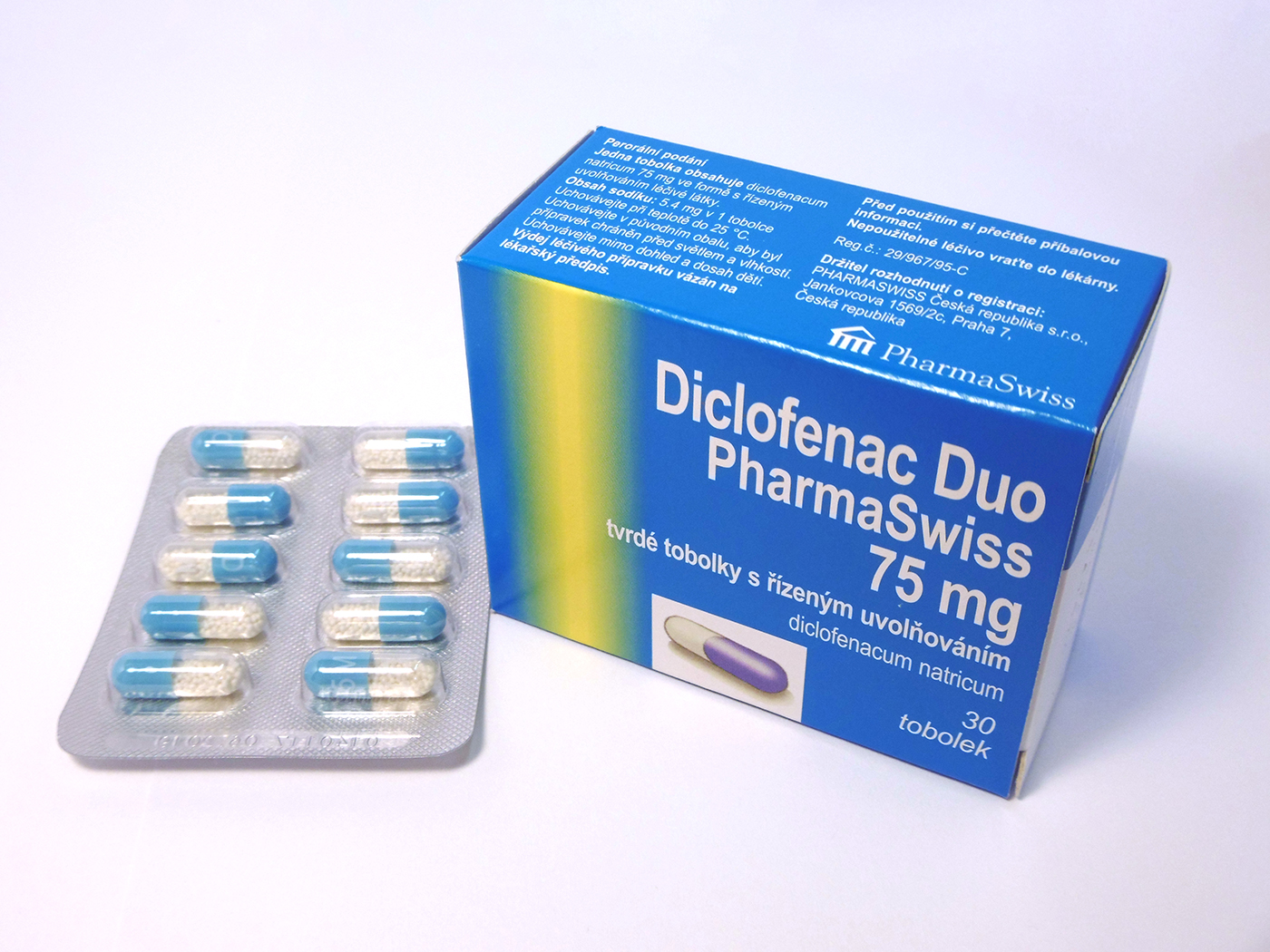7 Common OTC Painkillers That Could Be Hurting Your Gut Microbiome
3. Diclofenac (Voltaren): Potent Relief, Potential Microbiome Stirring

Diclofenac is a heavy hitter in the pain-relief world, especially for arthritis, muscle soreness, and sports injuries. Marketed as Voltaren and available in both oral and topical forms, it can offer targeted relief when stiffness refuses to budge. But this potency has a flip side—research shows diclofenac may disrupt the gut’s protective lining and alter how bacteria thrive. Its ability to reduce inflammation can also disturb the balance of the gut microbiome, especially if used regularly or at higher doses. While most commonly prescribed, some OTC products are readily available in pharmacies and online, making it easy to overdo. Older adults and those managing chronic pain may be especially at risk. When reaching for diclofenac, consider alternating with non-drug strategies (like physical therapy or gentle activity), and don’t hesitate to ask your healthcare professional for personalized advice. Small tweaks in your approach may go a long way toward keeping both your joints and your gut supported.
4. Aspirin: Classic Painkiller under the Gut Health Microscope

Aspirin may be the original over-the-counter pain medication—the one your grandparents trusted for everything from headaches to heart health. While millions still rely on its low-dose form to help prevent cardiovascular problems, research on how aspirin impacts gut bacteria is only just getting started. Some studies and expert opinion suggest that, like other NSAIDs, aspirin may tip the gut’s microbial balance, possibly allowing less-desirable bacteria to flourish. Solid proof is still emerging, and the full implications are not yet clear. Still, if you routinely take aspirin or use combination medications containing it, it pays to be mindful. If your plan includes low-dose aspirin for heart wellness, talk to your doctor before making any changes. As always, the best strategy is using only what’s needed—while keeping an eye on your gut’s “silent partners” in health.
